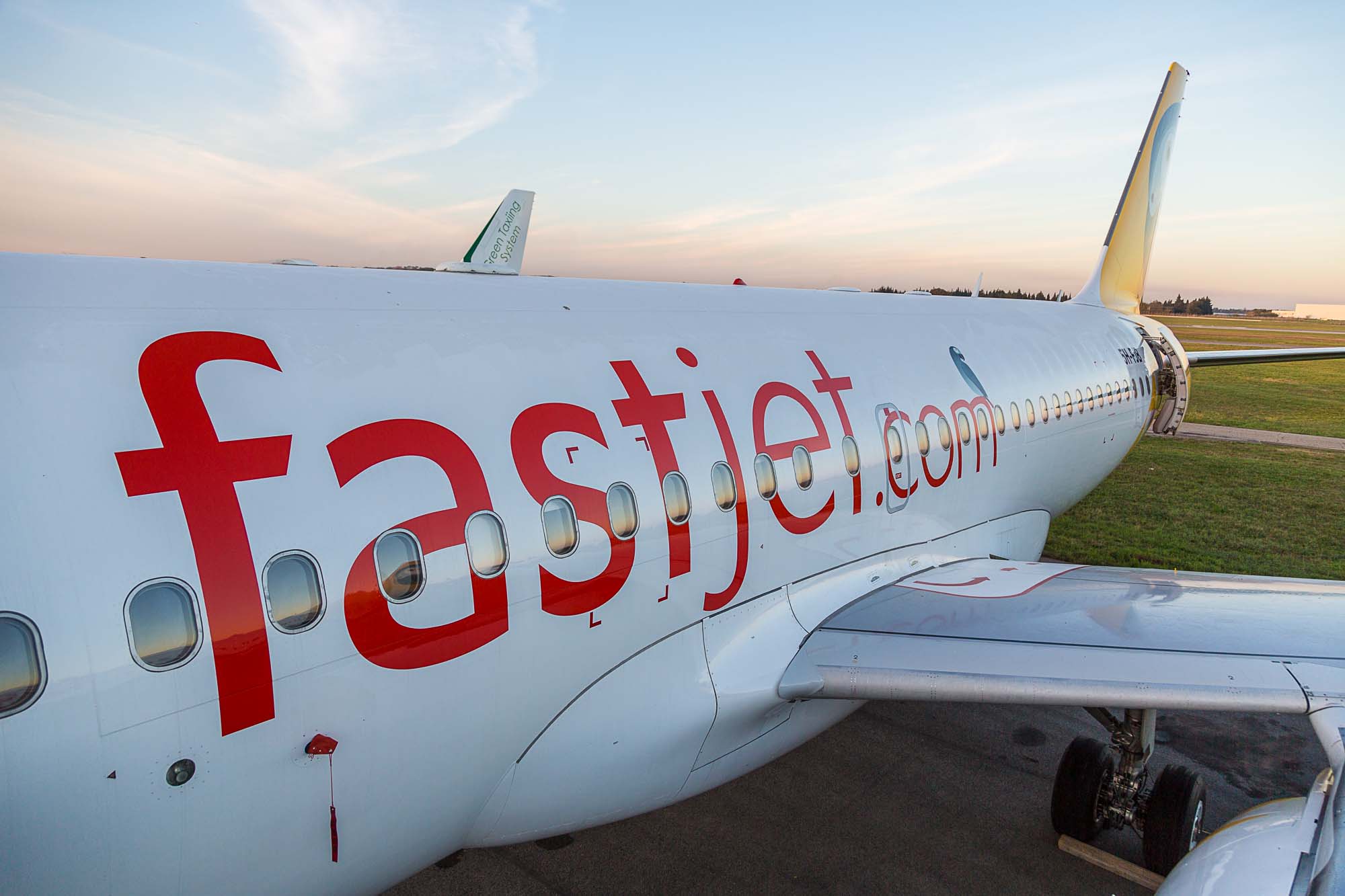After posting a warning that it needed fund from shareholders to continue operations, fastjet, the low-cost African airline, has now announced a proposed capital raising that seeks to raise at least US$10 million.
The placement is using an accelerated book build to at least $7 million at a placing price of 8 pence per new ordinary share, with at least $3 million to be raised by a subscription by Solenta Aviation Holdings, which will subscribe for 28,924,538 shares at the placing price.
The company is also proposing to raise up to £1.6 million (approximately US$2.1 million) with an open offer to qualifying shareholders at the placing price.
The placing price represents a premium of 146% to the closing price of 3.25 pence per ordinary share on June 28, 2018.
Liberum Capital is acting at FastJet’s agent and sole bookrunner in the placing. Books should have already closed at 10am today.
Fastjet states that the funds are expected to provide sufficient working capital for the group for the remainder of 2018. Half of the net proceeds from the capital raising will be allocated to “support the working capital requirements of the Zimbabwe and Mozambique operations and repayment of certain loans with the balance used to support operations in Tanzania and for preparations for the launch of services in South Africa”.
“Today’s capital raising will give fastjet the adequate headroom it needs for the remainder of 2018,” says Nico Bezuidenhout, CEO of fastjet. “Although there were some unexpected headwinds in 2017, the stabilisation plan put in place by the board has significantly reduced the cost base of the company and right-sized the business. Trading in the year to date has been in line with market expectations and the company is now well-positioned to capitalise on future growth.”
As fastjet’s largest shareholder and its support of the capital raising, Mark Hurst, currently CEO of Solenta Aviation, will join the board of fastjet from July 2, 2018. Working closely with fastjet CEO, Nico Bezuidenhout, Hurst will be responsible for the country management of the Group’s Zimbabwe and Mozambique operations.
Fastjet says that going forward, it will manage its treasury requirements in line with its revised operational structure with all current and future assets, cash and liabilities of the group’s Zimbabwe and Mozambique operations remaining within these entities, including, once repaid the recently announced loan swap of US$5 million made to Annunaki Investments (Private). This loan, together with the US$2 million loaned to fastjet by SSCG Africa Holdings, are anticipated to be reversed and repaid by December 2018, says fastjet.
In a release to shareholders, fastjet reiterated the airline’s successes and challenges in 2017, which it calls a “year of stabilisation”. Those successes include a 47% reduction in operating costs and a 58% reduction in overheads, with rationalised routes and capacity boosting load factors in the fourth quarter by 17 percentage points to 77%, with unit revenue increased by 27% year on year.
Fastjet successfully launched operations in Mozambique in the second half of 2017 and entered into a licence agreement with Federal Airlines, which has created a platform for expansion of the fastjet Brand into South Africa.
The carrier claims that trading in Zimbabwe continues to improve with revenue increasing by 111% year to April 2018, and PAT improved by 43% year on year.
There were some issues last year, however. Not least an “unforeseen engine event” that caused a circa $6.9 million adverse cash-flow impact ($4.0 million cost and $2.9 million in lost revenue). Fastjet also wrote down $2.5 million of pre-2017 debtors, late entry of its two E190s in Tanzania due to regulatory delays, and experienced a “greater than anticipated accumulation of restricted cash in Zimbabwe”.
Before today’s capital raising, fastjet has previously taken measures to address its liquidity challenges. On April 5, 2018, the carrier entered into a $12 million loan facility with Solenta to fund the exercise of its option over three ATR72 aircraft with the balance to be used for general working capital purposes; and on June 5, 2018, it entered into loan swap agreements of $5 million in Zimbabwe in order to make available US$2 million of the restricted cash held within Zimbabwe.
Looking ahead, fastjet intends to explore financing and/or joint venture options in South Africa to support “full scale entry” into that market.

